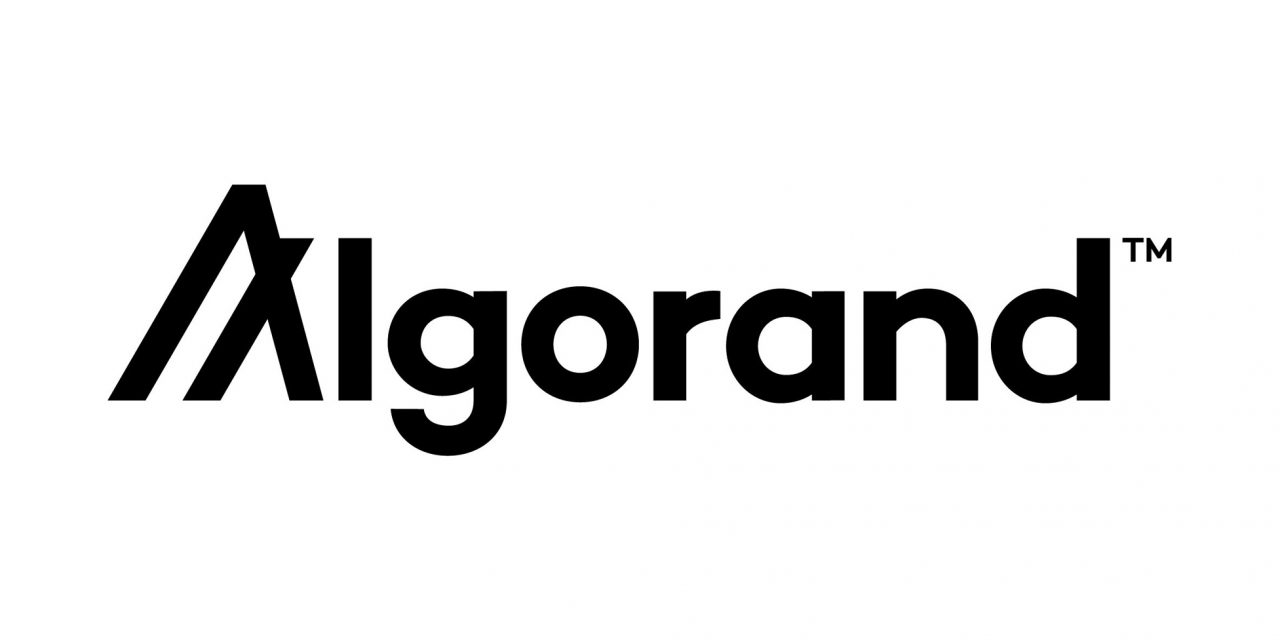BOSTON – The Algorand research team today publishes “Issuing Central Bank Digital Currency Using Algorand,” a new report capturing insights from more than a year of continued research into how CBDCs are unfolding at central banks around the world. The authors propose a hybrid CBDC model, built on a private instance of a public blockchain such as Algorand, in a two-tier retail system. In this model, central banks have full control over the CBDC, while simultaneously enabling licensed service providers (LSPs) such as commercial banks, remittance providers, and other fintech companies, to facilitate distribution and transactions. Compared to traditional systems, blockchain-based retail CBDCs also promote broader financial inclusion, especially for those in the informal economy who might face difficulty opening a conventional bank account. Overall, in comparison to a traditional centralized digital currency, the proposed design will be simpler and more economical to implement and manage for central banks at scale.
The report being released today follows the team’s initial publication in 2021, with the notable addition of a new section that closely considers the benefits of CBDCs and the overarching role of Central Banks in context of the broader digital age. According to the report, the four key trends defining the digital age include a growing digital economy, asset tokenization as a new business model, a growing demand for alternative forms of money, and the emergence of decentralized finance as a new financial system. These trends directly challenge one of the key tasks of a Central Bank: ensuring price stability. A private instance of a public blockchain, such as the model proposed in this report, can help central banks continue to meet their mandate in the digital era.
The report is co-authored by a team of leading economists and researchers, including Andrea Civelli, Ph.D., a Senior Economist at Algorand and Professor of Economics at the Walton College of Business focused on monetary policy transmission and inflation modeling; Co-Pierre Georg, a member of the Economic Advisory Council at the Algorand Foundation, Professor at the University of Cape Town, and Chair of Financial Stability Studies at the South African Reserve Bank; Naveed Ihsanullah, Head of Engineering Research at Algorand with a focus on distributed systems and 20+ year background in next-generation application security software; and Pietro Grassano, European Business Solutions Director at Algorand, who previously spent more than 15 years at J.P Morgan in lead positions across several European countries.
Also included in the report:
- The Benefits of Central Bank Digital Currency: Highlights four key trends of the digital era and explains why these provide a challenge for central banks. Also motivates why central banks should issue CBDC.
- Designing Efficient CBDC: Outlines principles for designing efficient central bank digital currencies that Algorand has identified through our various CBDC projects.
- Economic Considerations when Issuing CBDC: Discusses economic implications when issuing a CBDC, from balance sheet and financial stability implications to monetary policy consequences.
- The Algorand Protocol: An overview of the Algorand protocol, including design principles and a high-level overview of the protocol itself.
- Issuing Retail CBDC with Algorand: Algorand’s approach to issuing retail CBDC, including a detailed overview of relevant design considerations and examples of use cases facilitated by the Algorand platform. In particular, we present the critical use cases of issuing CBDC when connectivity is limited and adjustable privacy requirements for low- and high-value transactions.
- Issuing Wholesale CBDC with Algorand: Algorand’s design approach to wholesale CBDC and the most relevant use cases; additional use cases are discussed in detail in Appendix A.
- Conclusion: Closing thoughts on why a hybrid CBDC model, built on a private instance of the open public Algorand blockchain in a two-tier retail system is a unique approach from enterprise and other providers.
Source: Algorand





